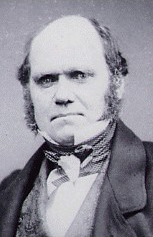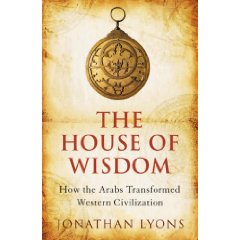
We're all celebrating the 200th anniversary of Darwin's birth this month, but what isn't so well known is that centuries before he published his theory of evolution by natural selection, scientists in the Islamic world were discussing similar ideas. The earliest known example is from a science writer called al-Jahiz, who worked in Baghdad in the 9th century.
In The Book of Animals he wrote: "Animals engage in a struggle for existence [and] for resources, to avoid being eaten and to breed.... Environmental factors influence organisms to develop new characteristics to ensure survival, thus transforming into new species. Animals that survive to breed can pass on their successful characteristics to [their] offspring."
And in the 10th century, an Ismaili scholar called Muhammad al-Nakhshabi wrote: "While man has sprung from sentient creatures [animals], these have sprung from vegetal beings [plants] and these, in turn, from combined substance, these from elementary qualities, and these [in turn] from celestial bodies."
Sounds familiar. Of course, coming up with the general idea of evolution is very different from the huge body of work that Darwin did to observe and test the mechanism of natural selection, but still, I think it's amazing just how long ago Islamic scholars were discussing such ideas.


These quotes are given in Ehsan Masood's excellent book, Science and Islam, which I have reviewed for this week's New Scientist along with The House of Wisdom by Jonathan Lyons (you can read the review here). Both are well worth reading, and turn the all-too-common Western view that Islam is an "anti-science" religion on its head. A thousand years ago, it was Christianity that forbade its followers from enquiring into the natural world. For those in Europe, the idea that species could change and develop over time would have been unthinkable.